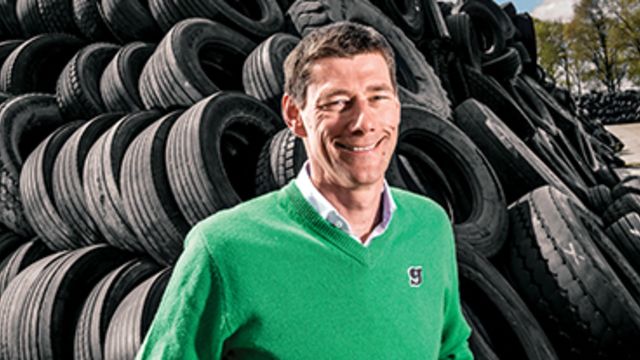Confronting Climate Change
Industrial Production & Materials
Industrial Production & Materials
Industrial activity that produces many of the materials used in commerce, as well as consumer products and packaging, also produces a significant percentage of the pollutants that cause climate change. Transitioning to fossil-fuel free energy sources for these processes, improving efficiency and reducing waste, and bringing low-carbon alternatives to market could dramatically reduce greenhouse gas emissions.
Challenge
Linear production processes—where material is extracted, processed, transported, manufactured, used, and discarded—waste the energy embodied in materials and required for handling waste streams. Because closed-looped processes are more efficient, they emit few greenhouse gases.
Major Impact Areas
Refrigerant Management
Cement
Plastic
Water Consumption
Innovation
Transitioning away from carbon-intensive energy to power industrial production, designing products with efficiency in mind, and instituting policies and technologies to minimize waste have potential to reduce emissions significantly. [47]
Spotlights

Omar Abou-Sayed

Prashant Pundrik

Lisa Yao

Gina Pak

Martijn Cardozo
-
- “Europe’s circular-economy opportunity,” McKinsey & Company, September 2015
-
- “Materials: Refrigerant Management,” Project Drawdown, 2019, accessed on October 6, 2019.
-
- “Materials: Alternative Cement,” Project Drawdown, 2019, accessed October 6, 2019.
-
- “Materials: Bioplastic,” Project Drawdown, 2019, accessed October 6, 2019.
-
- “World Water Vision: Making Water Everybody's Business (pdf),” World Water Council, accessed September 9, 2019.
-
- “Materials,” Project Drawdown, 2019, accessed October 6, 2019.





